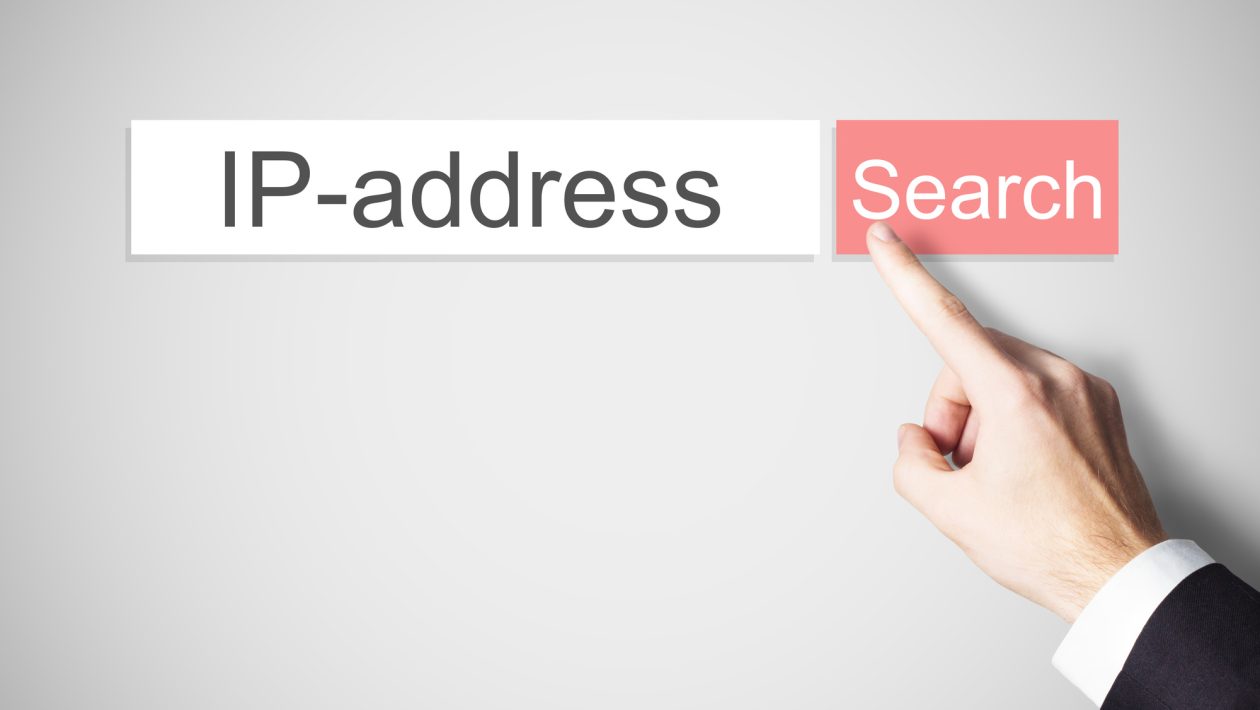You may have often wondered if you can check who is visiting your website. But in truth, all you’ve ever tried is to log in to your browser and check what website link your device uses. To your dismay, they all look the same.
The Internet is as vast and limitless as the ocean, yet it all connects to one seemingly humble digital device: the IP address. But there’s such a thing as a public IP and also a private IP. Are you curious about the difference?
In this article, we will explore private vs public IP addresses, so you understand their basic differences and how they can impact your Internet use.
Table of Contents
What Is an IP Address?
An IP address (Internet Protocol address) is a numerical label assigned to each device connected to a computer network using the Internet Protocol for communication.
An IP address serves two main functions: for host or network interface identification and location addressing. And as we know, there are two types of IP addresses: private and public.
Private IP Address
A private IP address is one that’s reserved for internal use behind a NAT gateway. A NAT gateway is a device that translates between public and private IP addresses. NAT gateways connect private networks to the Internet.
Public IP Address
A public IP address is one that’s assigned to a computer or device connected to the Internet and works by identifying the device online. An ISP assigns a public address to an Internet user.
Differences Between a Private and a Public IP Address
There are a few key differences between IP addresses aside from their being public or private. In fact, there are many other aspects to these addresses where they prove to be unique. These include:
Purpose
A local network uses a private IP address, which is not reachable from the Internet. When connecting to the Internet, devices use a public IP address, which allows communication with other devices.
But you may ask why there is a need for private IP addresses, and why we can’t just have one unique external IP for every device? The answer is simple. IP addresses comprise no more than 32-bit numeric strings, which means they can only create 4 billion unique addresses max.
Clearly, the number of connected devices around the world is way more than 4 billion. Hence, the need to create private IP addresses is actually a way to conserve IP addresses.
Range
Both public and private IP addresses come with certain numeric string ranges to maintain a logical system within the whole framework. You may think companies create their own IP addresses at random.
However, it is only the Internet Assigned Numbers Authority (IANA) that distributes private IP addresses to private users worldwide.
In contrast, public IP addresses are often made of numeric strings that don’t belong to any private ID addresses. Public IP addresses are so unique that devices can only use them once, as opposed to private IP addresses, which go back and forth several times across various routers.
Trackability
Perhaps the most obvious difference between private and public IP addresses in terms of trackability is that public IP addresses are much easier to trace, since they are registered and can be looked up.
In fact, you can easily find your own public IP just by using a what is my public IP lookup site.
Private IP addresses, on the other hand, are not registered and therefore much more difficult to track. In addition, public IP addresses are typically assigned to devices that are directly connected to the internet, so monitoring them is easier.
Private IP addresses, however, are typically assigned to devices that are behind a NAT and not directly connected to the internet, and this makes them more difficult to follow.
Permanence
Another difference between private and public IP addresses has to do with their permanence. Public IP addresses can change, while private IP addresses typically don’t.
This is because an ISP assigns public IP addresses, which only change if the ISP needs to do maintenance or if the customer switches to a different ISP.
Private IP addresses are typically assigned by a network administrator and are more static since they don’t need to be routed across the internet.
Accessibility
Private IP addresses are usually not accessible from the internet, while public IP addresses are. This is because private IP addresses are used internally on a network and aren’t routable across the internet.
Public IP addresses, on the other hand, are globally routable and can be accessed from anywhere.
Security
Private IP addresses are more secure than public IP addresses because they are not publicly available and can only be accessed by authorized individuals.
Public IP addresses, on the other hand, are publicly accessible and are within the reach of anyone. This makes them less secure and, therefore, more prone to cyber attacks.
Cost of IP
The cost of a public IP address depends on the ISP and the country you’re in. Private IP addresses, on the other hand, are typically free.
In general, private IP addresses are typically much cheaper than public IP addresses. This is because private IP addresses are not assigned by a regional internet registry (RIR), but are instead assigned by the organization that owns the IP address block.
On the other hand, RIRs assign public IP addresses. RIRs are responsible for assigning IP addresses to organizations in their region. Because of this, public IP addresses are typically much more expensive than private IP addresses.
Private Vs Public IP Address: The Real Score
This article discusses the differences between private Vs public IP addresses. Of course, both are crucial to Internet connectivity, although each was created to serve a unique purpose.
While a public IP identifies the user to the Internet community, a private IP identifies the device being used on a network. For those who would like to hide their IP addresses to avoid tracking or surveillance, whether public or private, it makes sense to use a VPN or any similar technology.
Need more informative posts like this? Keep digging into our blog!





